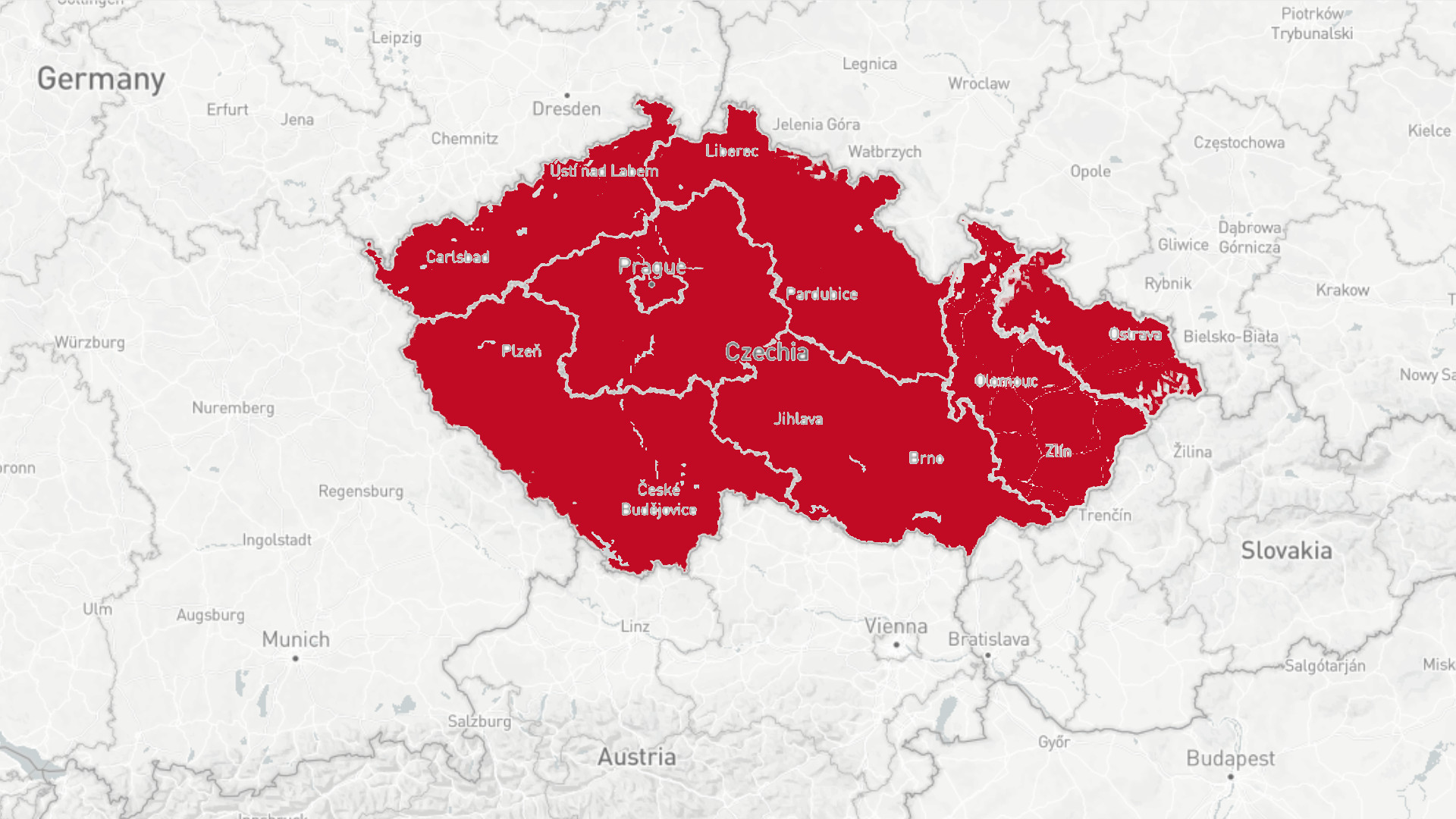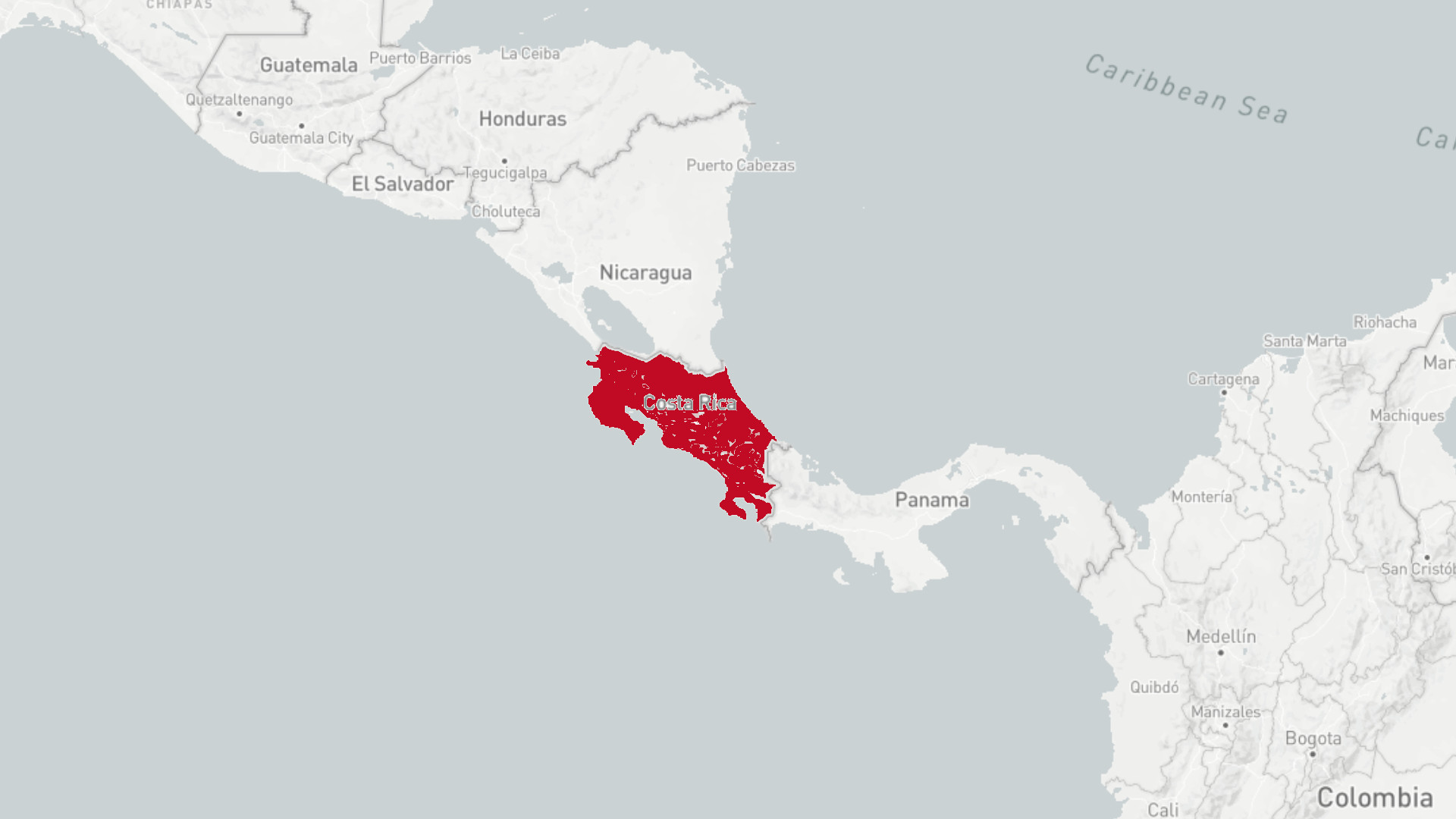More united still political diverse
The future of the European Union
written by

Hannes Köhle
It is Friday the 17th of July. The Europa-Building in Brussels faces its first in-person-meeting of the governments of the member states. A lot has changed since the last meeting. Instead of personal contact and firm handshakes, greetings with elbows and face masks are on the agenda. When the coronavirus arrived in Europe, nothing stayed the same. The foundation of the EU which brought everyone and every state the advantage of being part in this club seemed to disappear. Each and every member state tried to find its own solution in a battle against the tiniest but biggest enemy – the coronavirus. Poland decided to shut out the world. All of a sudden borders reappeared everywhere within the EU. Borders, which were abandoned with the Schengen treaty over 35 years ago, were part of the daily life again. Relationships were divided. Working and trading across the borders was only virtual possible, via zoom, teams and Skype. In Brussels the politicians are under pressure. They need to find a solution. The big summit is not only about a huge amount of money. It will also define the future of the Union and how the European Union will continue working during and after this historical crisis. Is there a change or will be everything the same. But given the facts, there is only one option: The member states should work together.
On a global political level the European Union will be more and more on its own. The EU has its foundation in the coal and steel union. The basic idea: When states are trading and depend on each other, they have less reasons to fight one another. In times of the cold war, the western states of the European economic area were strongly orientated to the leaders of the free world. The United States of America. With the threatening Soviet Union close, the states formed allies in the world. The biggest ally was the USA. The United States developed since then a strong partnership over the Atlantic. But since Donald Trump became the president of the USA, the connection shifted from a strong bound to a ‚everyone on its own‘-relationship. With Trumps policy of ‚America first‘, beginning early 2017, the EU lost a reliable partner across the Atlantic. Now, in 2020, the USA tries to handle more home affair conflicts like the protest against the police-system. Also, the coronavirus showed in an extreme way the structural problems of health care systems. With a president in charge, who has difficulties of leading the crisis in a proper way. It seems like there’s now the dogma of American problems first. No room for other countries.
China on the contrary is interested in a good connection towards Europe. And also the European economy likes to flirt with China. A huge market for European products. In the end of April, China sent Germany airplanes full of face masks and medical supplies. But this was not only an act of friendship and support, it was also a diplomatical move and should change the perception of China from an outbreak hotspot to a helpful nation. In international politics it is important to pursue diplomatic connections to other states. If states share the same idea of democracy - it is more likely that they team up with one another. With lots of allies. A country will be more likely recognized as a player in international politics. So the states of the European Union find themselves between Russia, China and the USA. None of them a fully trustworthy and reliable partner in international politics. They often disagree on values. When you have no one around who you can fully trust you stick more together and maintain your political ideas. The member states should try, as diverse as they are, to strengthen a common political institution which has the ability to speak on international grounds for their values and demands.
The corona outbreak will change things more rapidly than before and accelerate developments. The EU is now in the need of adapting, the precondition for that is good. The Future Institute in Frankfurt investigated on how the ‚world after corona‘ will look like. Politics benefitted from the crisis, the public acknowledged the politicians as leaders. „The crisis strengthened the trust in the government and institutions“, says the report. Politicians were finally able to show what they are capable of. „Ideology lost - leader-ship won“, deduces the Zukunftstinstitut. The Institute of Frankfurt also predicts a positive future for the EU. „After this crisis, Europe will focus on its own strength as a sovereign superpower“. Supported by a resilient and solidarity financial system. Part of this will be the acceleration of Globaliziation. The market focusses more on decentralization. Drugs or medical equipment will now be produced more often within Europe than China or India.
„The global connection in its previous form made us prone to a crisis“ says the report. That will strengthen the solidarity of the EU economy. The countries realized that only when no one suffers, the common economy can blossom out again. Therefore, the Zukunftsinstitut predicts a solidarity confederation of the states in Europe.
At 5:33 on Tuesday morning, the French president Emmanuel Macron wrote on twitter: “A historic day for Europe. Historic? Indeed! This summit set a whole new level of records: the highest amount of money ever discussed in an EU Budget meeting and it was the longest meeting ever.”
But for the biggest crises since the official foundation of the Union, this amount of effort seems more than appropriate. Within this long debate the countries were not that united. Now and then politicians revealed to the press, that there’s no agreement in sight. For Philipp Hausmann, the summit was the perfect example of what should change in the EU.
He is the vice president of the district board, the JEF in Baden-Württemberg. JEF stands for Young European federalist. „The national level enjoys always advantages compared to the EU level“, says Hausmann. He was also a bit disappointed that the Commission detained to overtake the management of the crisis in March and April. But how should the EU change its system. His organization pursues a very radical idea: the supranational level of the EU should gain more power at the expense of the national level. His organization likes to redefine the structure of the EU. While the importance of the national level shrinks in this process - the connection between the federal states and the supranational level will be strengthened. Within the member states, the federal states would get more power. „The people identify themselves more with their region than with their state“, explains Hausmann the idea. With this proposal the JEF is not alone. JEF is part of the Europa Union Deutschland (EUD), which is part of a Europe wide bond. A lot of the members are politicians who are working on the EU-level and support this idea of a new structure. It would be very ambitious, thinking that corona will alter the EU in its foundation. But it is clear that there is a new EU-chapter coming. After a long period, it is the first time that all states take profit out of their bond. There is no better moment for a change than now. In that very time Germany takes over the EU-Presidency. With a head of state who calls herself a European citizen. Merkel shares also a strong bound with the Commission president von der Leyen. A moment where politics and society see the advantage of the EU, people who believe in the idea are in crucial positions for a shifting political sphere. Maybe that is a good foundation?

















